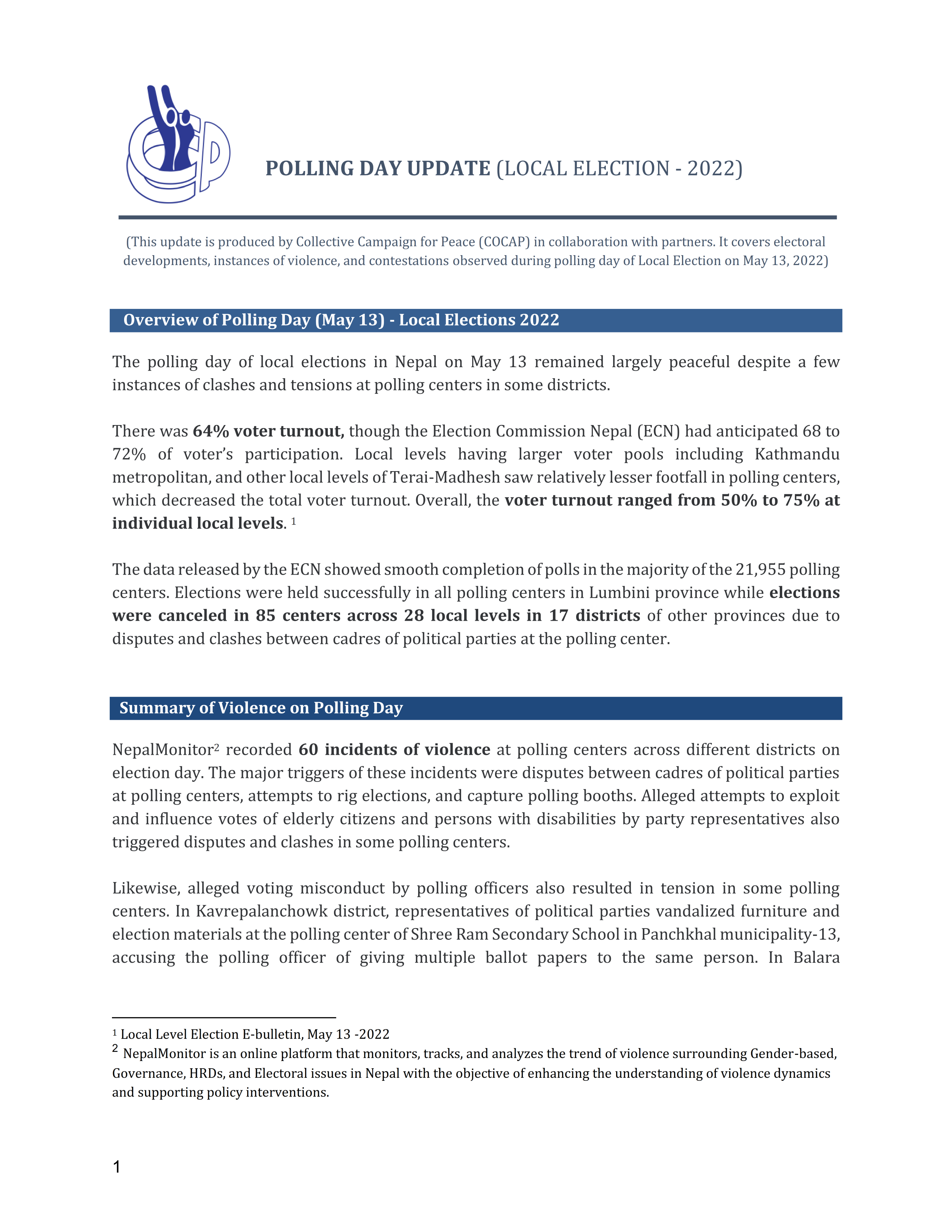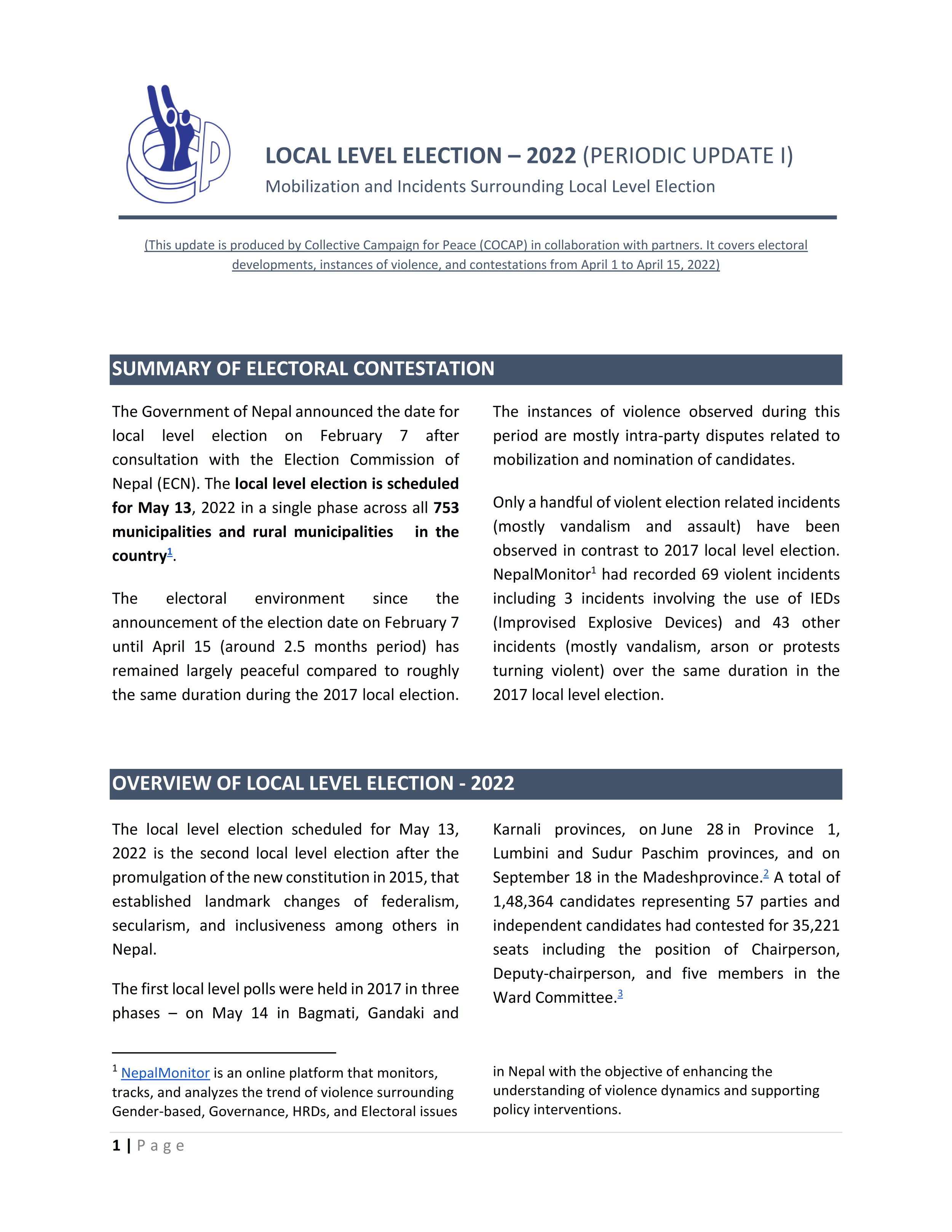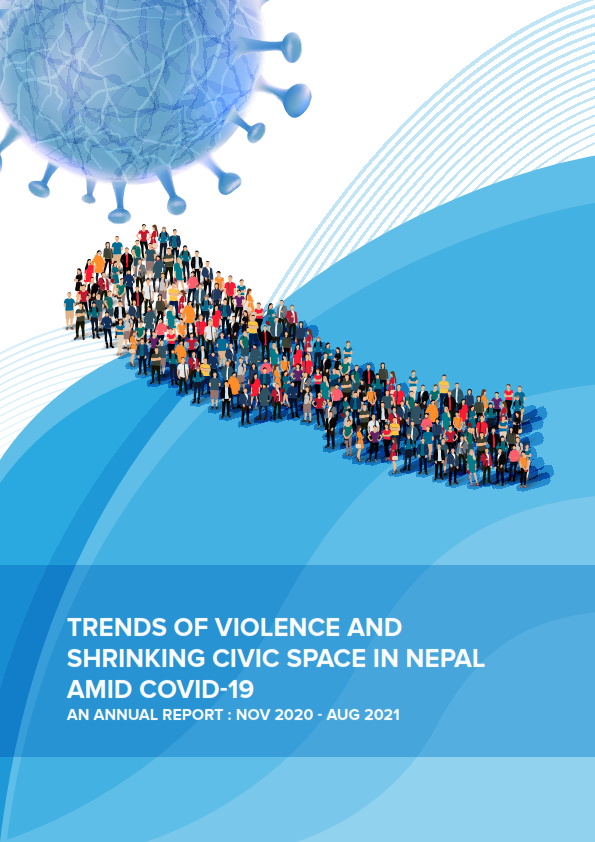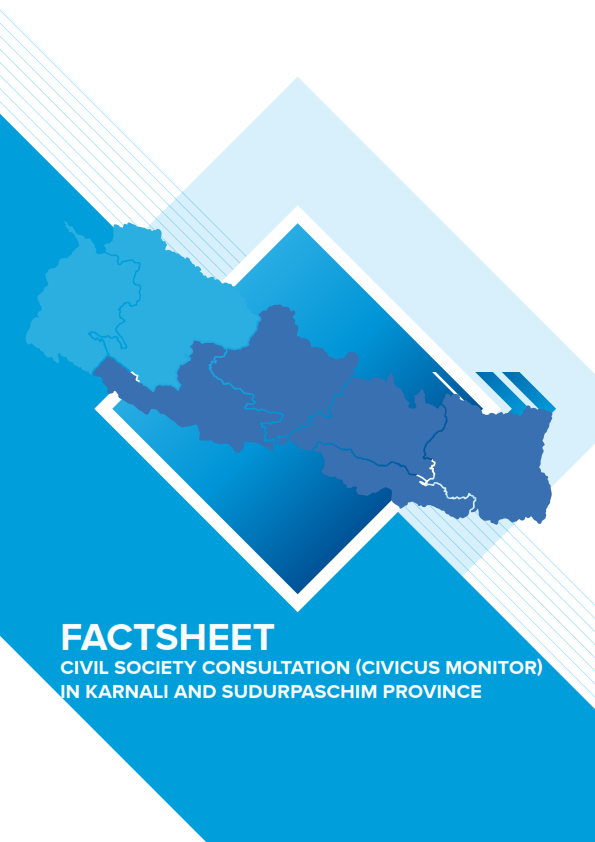Incident Reports
Government issues a slew of orders amid threat of a second wave
2021-04-19
Nepal
Amid a sharp rise in new cases of the new variant of Covid-19, the Cabinet on Monday announced a slew of restrictions and directed provincial and local governments to take different measures to check the spread of the disease.
According to the Ministry of Health and Population, 1,227 new cases were recorded in the last 24 hours of which 98 are in children. Kathmandu Valley recorded 634 cases—505 are from Kathmandu, 97 from Lalitpur and 32 from Bhaktapur. Eight people have died of the coronavirus infection in the last 24 hours. Active cases stand at 7,254 as of Monday.
Monday was the second consecutive day that the number of cases crossed the 1,000 mark. The last time the country had recorded more than 1,000 cases in a single day was on December 10 last year, when more than 1,200 cases were confirmed.
Intensive care unit beds allocated for Covid-19 patients are filling up across the country. Health facilities in the Kathmandu Valley have been occupied by seriously infected people, as people are seeking treatment only after their health conditions start to deteriorate, according to doctors. The number of people admitted in the intensive care units reached 148. Seriously ailing 43 others are on ventilator support.
Among the decisions made on Monday, the Cabinet has asked to shut down schools and other academic institutions in Kathmandu, Lalitpur, Biratnagar, Birgunj, Bharatpur and Pokhara metropolitan cities; Itahari, Dharan, Janakpur, Hetauda, Butwal, Ghorahi, Tulsipur, Nepalgunj and Dhangadhi sub-metropolitan cities; all municipalities in Kathmandu, Lalitpur and Bhaktapur districts; and Mechinagar, Birtamod, Damak, Rajbiraj, Banepa, Dhulikhel, Siddharthanagar, Birendranagar and Bhimdatta municipalities. They can, however, hold pre-scheduled examinations.
Cinemas, banquet venues, dance bars, dohori places, dancehalls, clubs, health clubs, gyms, swimming pools and futsal courts have been shut; assemblies, political rallies, and participation in stadiums have been banned; and the only ritual worships by priests are allowed at temples, gumbas, churches and mosques until May 14.
No more than 25 people are allowed to gather at festivals, weddings, other life rituals and funerals, as well as in meetings that must be held face to face if they can’t be held virtually.
Passengers are not allowed to stand in public transport and all must wear masks. If passengers don’t have masks, the conductor or the driver must make one available at no more than Rs 10 per piece. Public transport must have sanitisers as well. All means of public transport must be disinfected every day.
Shops and offices too have to make masks available for customers and service seekers at a maximum price of Rs 10 and without masks, they are not allowed entry.
Hotels and restaurants can open only from 8 am to 8 pm and must observe health safety protocols like seating at two metres distance, and not allowing entry to anyone without masks.
Public and private services providers should manage electronic methods to provide service as far as practicable. Nepal Rastra Bank should facilitate the implementation of electronic payment systems at all banks and financial institutions.
The Cabinet has also directed the Ministry of Health and Population to come up with a plan to prevent, control and treat Covid-19.
The ministry has also been directed to make arrangements with hospitals to allocate a specific number of beds for Covid-19 care, and make agreements with hospitals—private and public—as well as medical colleges for the treatment of those infected.
The Cabinet has fixed prices for different levels of treatment per day: Rs 2,000 for institutional isolation, Rs 3,500 for hospital isolation, Rs 7,000 for treatment of medium complex cases, and Rs 15,000 for complex cases requiring ventilator support. Hospitals will be reimbursed these amounts by the government on a weekly basis.
The Ministry of Health also has to reimburse local governments of costs needed for case investigation and contact tracing and provincial governments for operating health desks and screening people entering the country as well as for expenses for transporting the infected and institutional isolation.
Designated hospitals and laboratories must test and treat for Covid-19 for free as per the guidelines and treatment protocol of the Ministry of Health.
The government has tasked the Covid-19 Crisis Management Center with the setting up of holding centres of 1,000-person capacity near border points with India—Gaddachauki, Gauriphanta, Jamunaha, Krishnanagar, Balahiya, Birgunj, Rani, Kakarvitta and other border points and near the other border points and international airport in coordination with provincial governments.
The Cabinet has directed provincial governments with 10 different tasks like operating holding centres and isolation centres, and testing and treatment of the infected to check the spread of the disease.
It has also directed local governments for tasks like conducting antigen tests and monitoring public transport.
The general public has been asked to follow safety protocols like staying in home quarantine until they get their test results if they have come in contact with the infected.
A Cabinet meeting presided by Prime Minister KP Sharma Oli on Monday morning took these decisions issuing a 30-point order, which is nine pages long, as per the Infectious Disease Act 1964.
The Cabinet has given the authority to the chief district officers to enforce the decision and take action as per the Infectious Disease Act 1964 against anyone not following the government directives.
Local administrations have also been given the authority to enforce additional restrictive measures if the number of active cases crosses 1,000 in metropolitan cities, 500 in sub-metropolitan cities and 200 in municipalities and rural municipalities.
https://tkpo.st/3n5be6r
Details and Impacts
| Violent / Non-violent | Nonviolent |
| Event Duration | More than 7 days |
| Primary Form | Curfew/prohibitory order issues by the state |
| Primary Cause | Other governance issues |
| Secondary Cause | Lockdown Enforcement |
| Actor 1 - Number of people | n/a |
| Actor 1 - Affiliations | Government and civil servants at central level |
| Actor 1 - Youth | na |
| Actor 2 - Number of people | n/a |
| Actor 2 - Affiliation (Target) | Citizen/Individuals |
| Actor 2 - Youth | na |
National/Online Media
Related Reports
Governance / Kathmandu
Medical education concern committee protest by banging plates and whistling
September 08, 2023
Governance / Darchula
Workers padlock school citing non-receipt of wages for more than a year
Sudurpashchim, Darchula, Naugad
August 29, 2023
Governance / Sunsari
Prohibitory order issued in Dharan, tightening at entry points
Province 1, Sunsari, Dharan
August 25, 2023
Governance / Morang
Students of Eastern College in Biratnagar on protest
Province 1, Morang, Biratnagar
August 23, 2023
Related Trend Analysis
Analysis

THE NEPAL PEACE MONITOR ANNUAL REVIEW: 2020
October 25, 2021
Human Trafficking / LGBT+ Rights / GBV / Political / Children’s Rights / Senior Citizens’ Rights / HRD Issues / Human Rights / Interpersonal Violence / Governance / Covid-19 / Civic-Space / PwD

_001.png)




